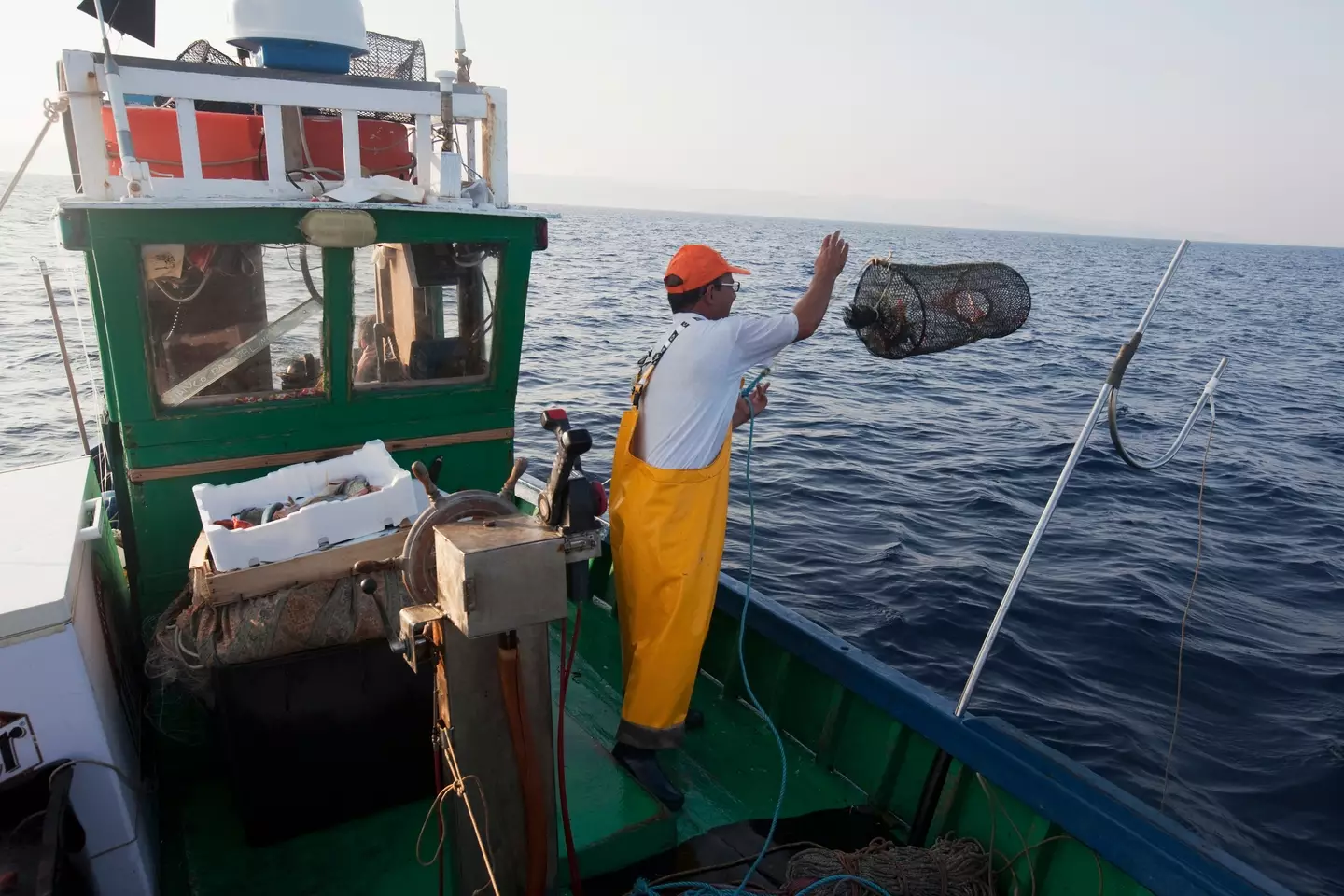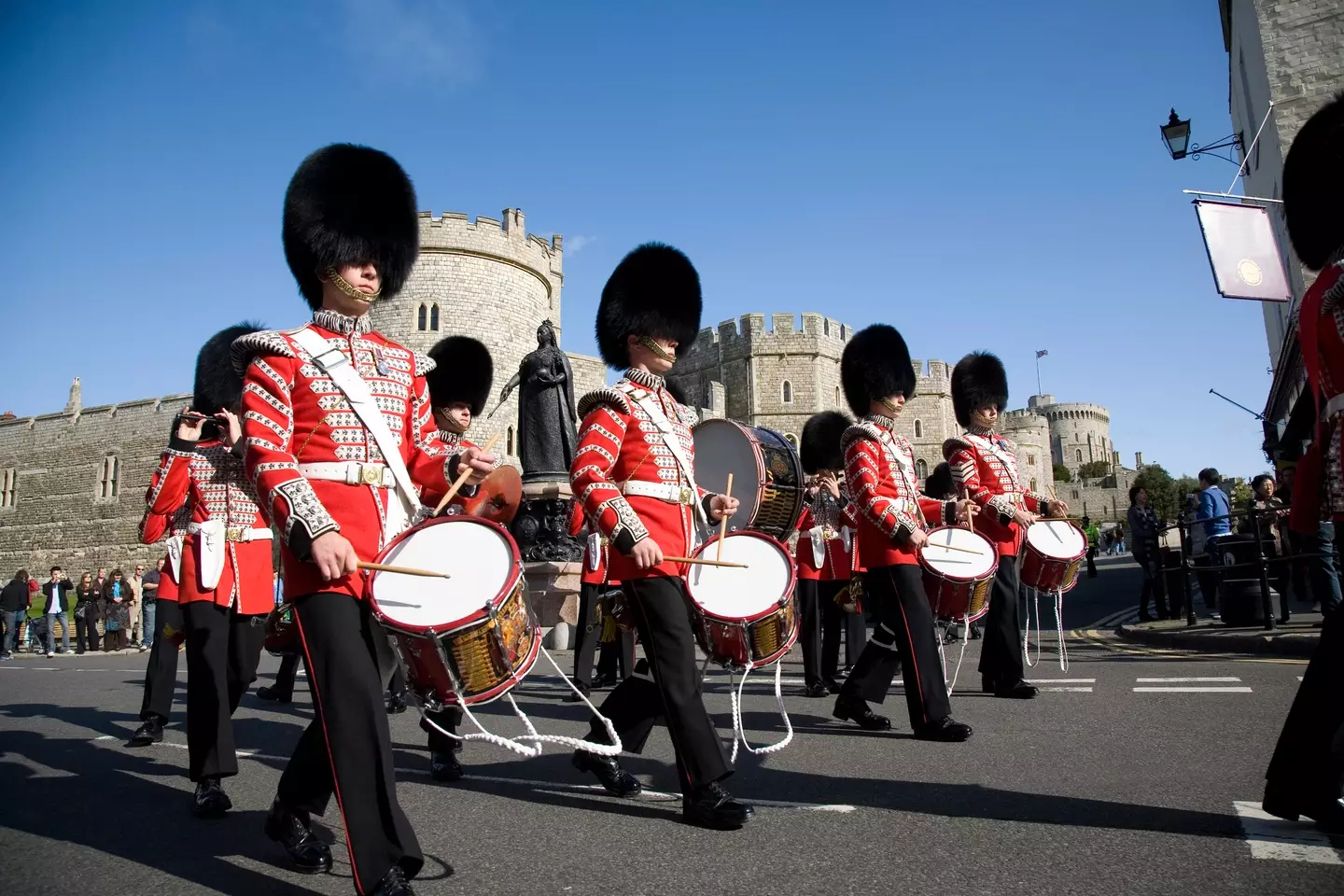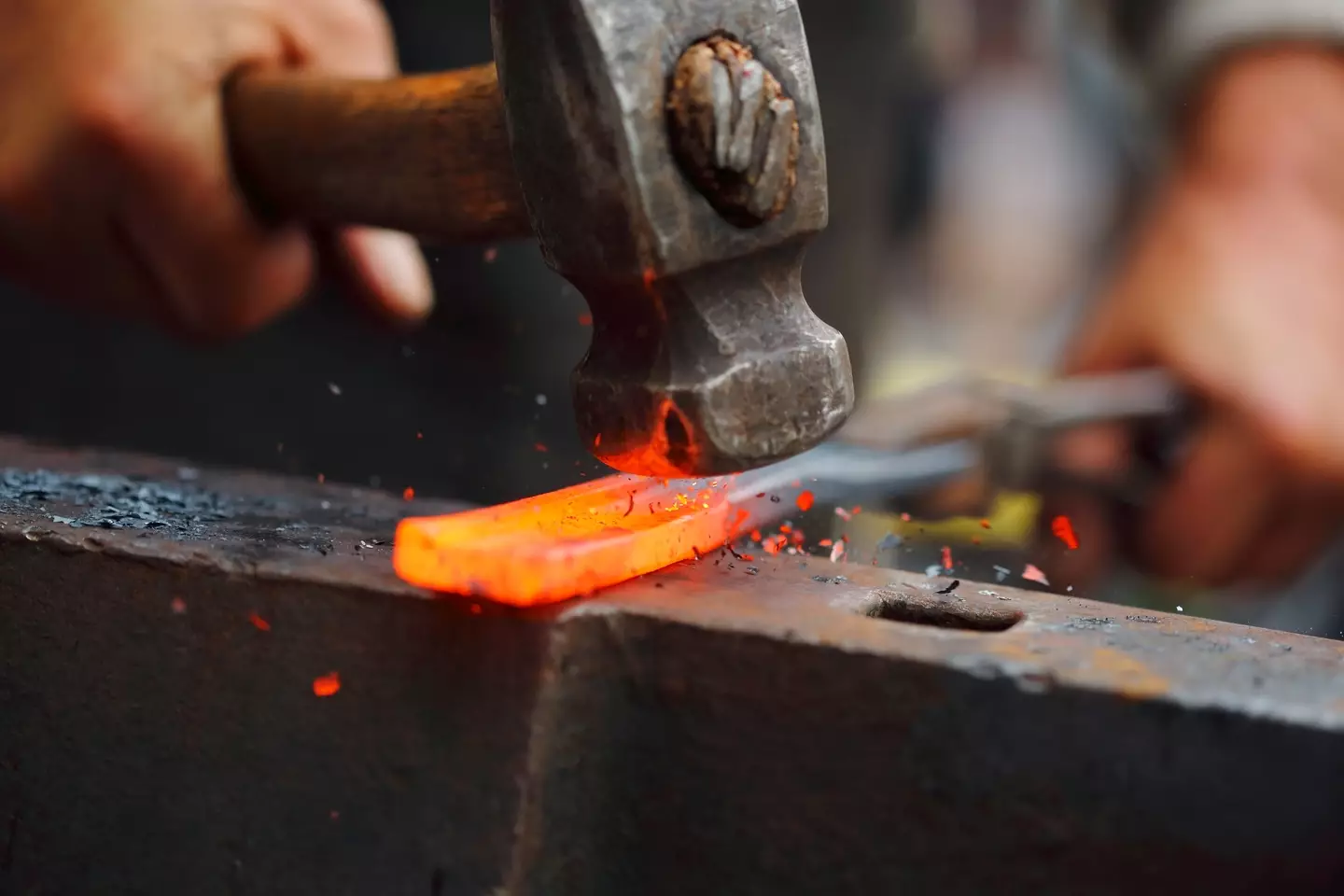
You might not think anything much about your surname, but it gives you a look into the path your ancestors took.
Whether your last name is rare or common, every last name has some kind of meaning behind it.
For example, my maiden name means ‘Australian sheep herder’, so I know at least some of my ancestors hailed in Aus.
But what does yours mean?
Advert
Of course, not every last name has an occupation behind it, as almost all names with ‘son’ at the end of it, will be ‘son of (insert Ben/ Jen/ Jack/ John).’
But many reveal past history about what your family did for a living.
Let’s get into it.
Surnames first came into popular use in 12th-century Europe, where people would be recognised for their jobs, with the Merriam-Webster dictionary and ThinkingCo explaining what each name means.

Barker
The surname barker comes from the Norman word barches, which means ‘shepherd’.
A barker may have also have been a leather as the Middle English word for tan was ‘bark’.
Black
Men who were called Black might have dyed cloths, particularly dying them black.
Carter
You might be able to guess this, but people called carter were generally ‘carted’ things around as delivery men.
Chandler
Deriving from the French word 'chandelier,' Chandler’s often made or sold tallow or lye candles or even soap, and may have also dealt with supplies or equipment.
Cooper
Now, this one isn’t an easy guess as the Cooper man was a barrel maker.
They often created the barrels, vats or casks, similar to those named Hooper (creating the metal hoops for barrels).
Fisher
You already know what this one means. Fisher derives from the Old English word fiscere, meaning ‘to catch fish.’
Your ancestor was a fisherman!

Kemp
I’d be very proud to have this surname as it means that one of my ancestors was a champion wrestler or jouster.
It comes from the Middle English word kempe, which actually came from Old English ‘cempa’, which translates to ‘warrior’ or ‘champion.’
Miller
As for Miller, and also the surname Mills, it was used for those who ground flour from grain. Working at the mills made you a Miller by name and by trade.
Smith
Smith is one of the most common surnames in the UK, but it’s not easy to see why considering the name carries the occupation of metal worker.
No matter the metal, if you worked with it, you were a Smith. And while you might not think so, it was one of the most popular occupations of medieval times.
Waller
Waller: to build walls.
This surname was given to those who could build walls and structures, like a brick layer.
It could also represent someone who used to boil sea water to extract the salt from it as Middle English ‘to boil’ is the very same word.

Webster
Webster was used to describe a weaver, and is derived from the Old English webbestre, meaning ‘to weave or devise’.
Ward
Someone who is called Ward, might have had an ancestor who was a guard or watchman.
Wright
Wright means ‘a worker skilled in the manufacture especially of wooden objects’, while the Old English ‘wryhta’ means ‘worker’ or ‘maker’.
Other notable names include:
Bowman: Archer
Barker: Leather tanner
Coleman: Gathered charcoal
Parker: In charge of a hunting park
Walker: Processing raw cloth
